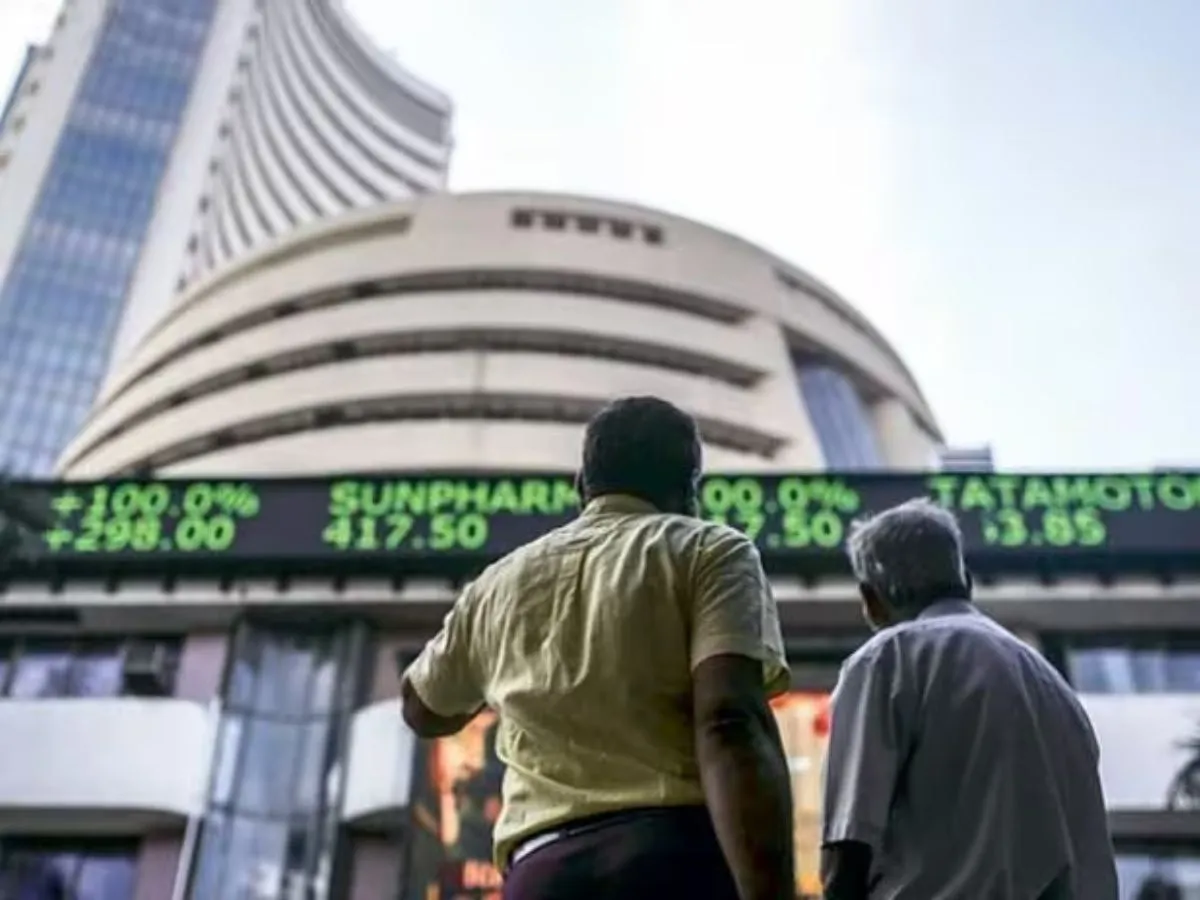Despite the tension between India and Pakistan, the benchmark index in Mumbai on Wednesday managed to register a slight lead. Experts said that the morale of investors was positive, which roughly caused India’s trade talks with important business partners. These include the free trade agreement with Britain on Tuesday.
The Sensex climbed 0.13 per cent i.e. 106 points to close at 80,747. The Nifty-50 index hiked by 34.8 points to 24,414. Nifty midcap 100 and Nifty Smallcap 100 indices strengthened 1.6 percent and 1.4 percent respectively. The India Wicks index rose 0.34 per cent to close at 19.1. On the other hand, Pakistan’s market recorded a huge decline.
The benchmark of Karachi slipped more than 6 per cent during the KSE-30 index trading but finally closed 3 per cent. Experts say the Indian market reaction has not indicated any concern in investors. He said that the market reaction was not denied but the market reaction shows that investors are not seeing any major loss for the economy.
Johana Chua wrote in a note by the Global Head (Emerging Market Economics) in the city, we believe that Indian assets will be largely controlled despite increasing tension with Pakistan. The market participants looked comfortable even in view of the previous clash situation with Pakistan. Bernstein’s equity strategists Venugopal Gare and Nikhil Arela wrote in a note before the market opened on Wednesday, Indian equity markets have returned on all occasions. So we believe that if the equity market declines then shopping is the best strategy.
The previous conflicts between two neighbors armed with nuclear weapons showed that the Indian stock markets get rid of the initial shock response soon. For example, in February 2019, India launched attacks in response to terrorist attacks and a week later the Nifty index increased by more than 1 per cent. The note states, in our scenarios, the risk of war between the two neighbors has not been estimated. However, the 1999 Kargil War suggests that there is a rapid increase in the equity market after a huge decline.
The second aspect worth noting is the effect of changes in global trade after Trump’s tariff. Despite the terrorist attack in Pahalgam two weeks ago, foreign investment in India remains strong. In the last 14 trading sessions (from April 15), foreign portfolio investors have been consistently buyers and have invested Rs 44,439 crore in desi stocks, which is the longest series of purchases in about two years.
On Wednesday, FPI bought shares worth Rs 2,586 crore, while domestic institutional investors were buyers worth Rs 2,378 crore. The ratio of the market climbing and falling shares was positive and 2,206 shares rose on BSE while 1,683 declined. Out of 17 sector indices on NSE, only three healthcare, pharma and FMCG closed with losses. Nifty Auto and Nifty Financial Services were among those who recorded the most.
First Published – May 7, 2025 | 11:46 pm IST
Related post
(Tagstotranslate) India Pakistan Trade Tension (T) Stock Market (T) Sensex (T) Nifty (T) FPI Investment (T) FPI Investment (T) India Pakistan Tension (T) Sensex (T) Foreign Investment

